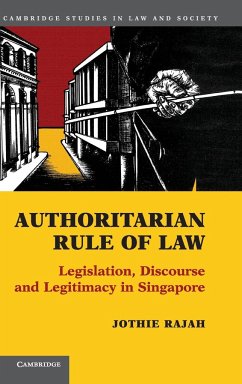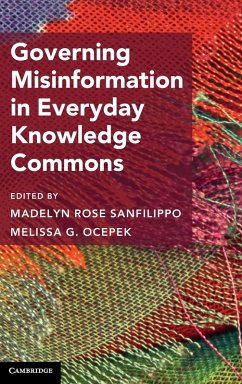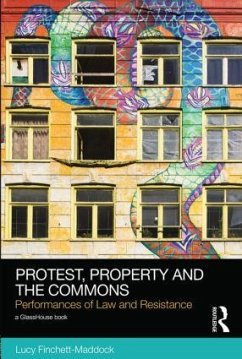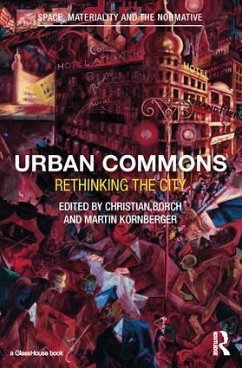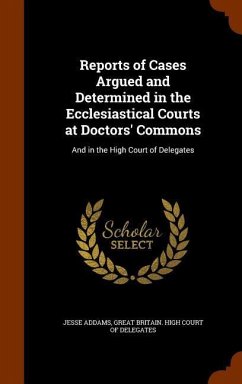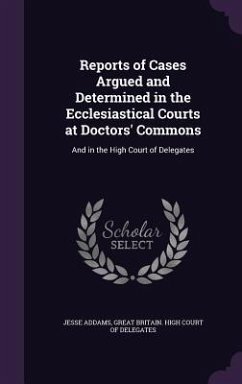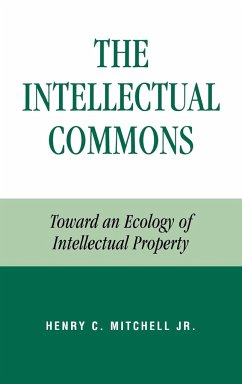
The Authoritarian Commons
Versandkostenfrei!
Versandfertig in 1-2 Wochen
114,99 €
inkl. MwSt.

PAYBACK Punkte
57 °P sammeln!
Based on six-year fieldwork across China including over 200 in-depth interviews, this book provides an ethnographic account of how hundreds of millions of Chinese homeowners practice democracy in and beyond their condominium complexes. Using interviews, survey data, and a comprehensive examination of laws, policies and judicial decisions, this book also examines how the party-state in China responds to the risks and benefits brought by neighborhood democratization. Moreover, this book provides a framework to analyze different approaches to the authoritarian dilemma facing neighborhood democrat...
Based on six-year fieldwork across China including over 200 in-depth interviews, this book provides an ethnographic account of how hundreds of millions of Chinese homeowners practice democracy in and beyond their condominium complexes. Using interviews, survey data, and a comprehensive examination of laws, policies and judicial decisions, this book also examines how the party-state in China responds to the risks and benefits brought by neighborhood democratization. Moreover, this book provides a framework to analyze different approaches to the authoritarian dilemma facing neighborhood democratization which may increase the regime's legitimacy and expose it to the challenge of independent organizations at the same time. Lastly, this book identifies conditions under which neighborhood democratization can succeed.





